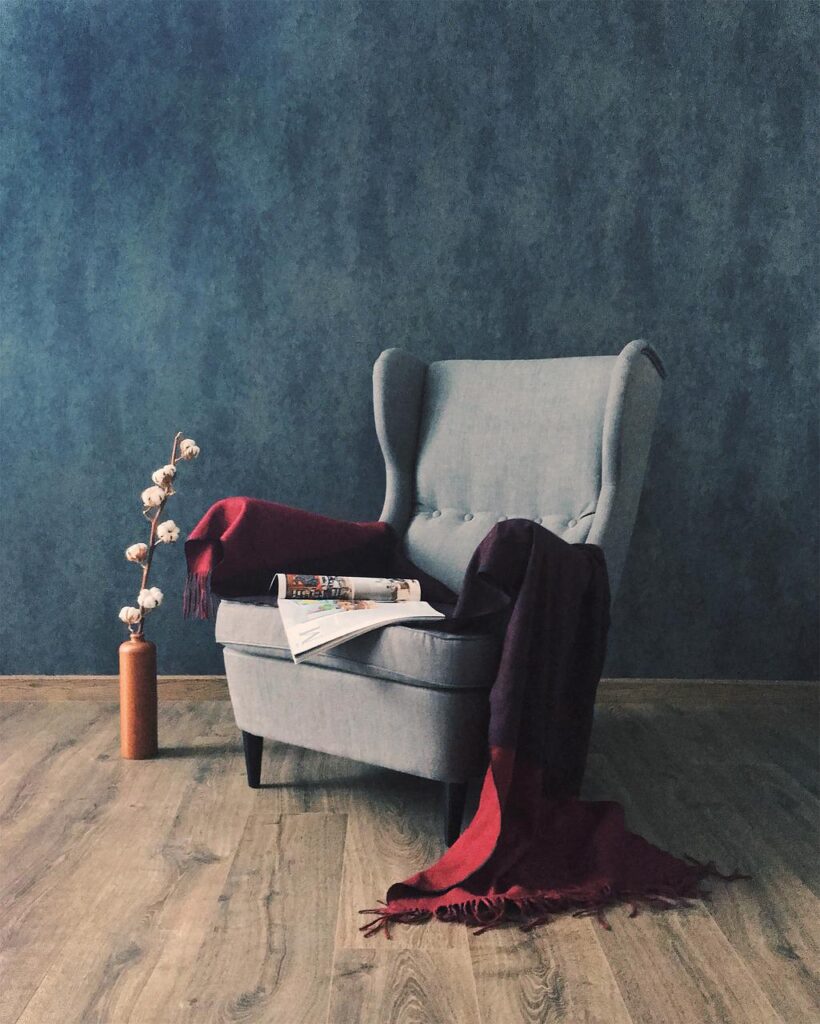When it comes to flooring options, homeowners today are spoiled for choice. Traditional hardwood, laminate, and engineered hardwood each offer unique advantages and cater to different needs and preferences. Among these, engineered hardwood flooring stands out as a versatile and practical option that combines the best of both worlds. Here’s why more homeowners are choosing engineered hardwood over traditional hardwood and laminate.
- Unmatched Stability and Durability
Engineered hardwood is designed to offer superior stability compared to traditional hardwood. It is constructed with multiple layers of wood, with a top veneer of natural hardwood and a core made of high-density plywood or fiberboard. This layered construction makes it less susceptible to changes in temperature and humidity, which can cause traditional hardwood to warp, buckle, or gap. This durability makes engineered hardwood an excellent choice for areas with fluctuating climate conditions or for installation over radiant heating systems. - Authentic Aesthetic Appeal
One of the most significant advantages of engineered hardwood over laminate is its authentic look and feel. While laminate flooring can mimic the appearance of wood, it is essentially a photograph of wood printed on a composite base. In contrast, engineered hardwood has a top layer of real wood, providing the natural beauty, texture, and warmth that only genuine wood can offer. This makes it nearly indistinguishable from traditional hardwood, allowing homeowners to enjoy the classic charm of wood flooring with added benefits. - Versatility in Installation
Engineered hardwood is more versatile in terms of installation compared to both traditional hardwood and laminate. It can be installed in a variety of ways, including floating, glue-down, or nail-down methods, making it suitable for different subfloor types, including concrete, which is often problematic for traditional hardwood. Additionally, engineered hardwood can be installed on all levels of the home, including basements and over existing flooring, providing greater flexibility for homeowners. - Cost-Effectiveness
While traditional hardwood flooring can be expensive, engineered hardwood offers a more cost-effective alternative without sacrificing quality or aesthetics. It is generally less expensive than solid hardwood because it uses a thinner layer of expensive hardwood on the surface, backed by more affordable layers of plywood or fiberboard. This allows homeowners to achieve the high-end look of hardwood at a fraction of the cost. Moreover, the longevity and durability of engineered hardwood mean fewer repairs and replacements over time, further enhancing its cost-effectiveness. - Eco-Friendly Choice
For environmentally conscious homeowners, engineered hardwood is a greener option. The manufacturing process for engineered hardwood is more efficient, as it uses fewer resources of high-quality wood, reducing the impact on forests. Additionally, many manufacturers source their wood from sustainably managed forests and use eco-friendly adhesives and finishes, making engineered hardwood a more sustainable flooring choice. - Ease of Maintenance
Engineered hardwood is easier to maintain compared to traditional hardwood. Its multi-layered construction makes it more resistant to moisture and stains, reducing the risk of damage from spills or humidity. Routine cleaning with a damp mop and occasional refinishing can keep engineered hardwood looking new for many years. In contrast, traditional hardwood requires more intensive care to prevent scratches, dents, and water damage. - Variety of Styles and Finishes
Engineered hardwood offers a wide range of styles, finishes, and wood species, providing homeowners with extensive choices to match their décor preferences. From classic oak and maple to exotic woods like teak and acacia, engineered hardwood can cater to various aesthetic tastes. Additionally, it comes in different plank widths, surface treatments, and stain colors, allowing for customization to achieve the desired look and feel for any room.
Conclusion
Engineered hardwood flooring strikes a perfect balance between the elegance of traditional hardwood and the practical benefits of laminate. Its stability, durability, authentic appearance, versatility in installation, cost-effectiveness, eco-friendliness, ease of maintenance, and variety of styles make it an excellent choice for modern homeowners. Whether you’re renovating your current home or building a new one, considering engineered hardwood could be a smart and stylish decision that adds lasting value and beauty to your living space.

